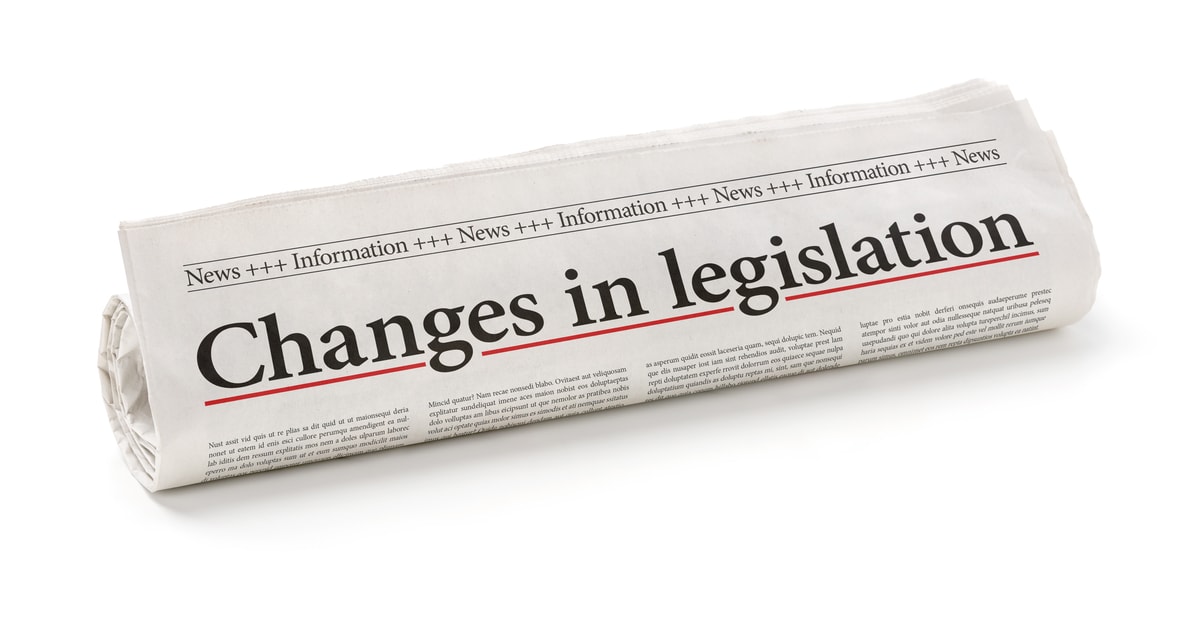

On September 27, 2021, Governor Newsom signed SB 270 which provides for monetary penalties for certain violations of the Public Employee Communications Chapter (PECC) (Gov. Code §3555 et. seq.). Under the PECC, public employers must provide a union with the “name, job title, department, work location, work, home, and personal cellular telephone numbers, personal email addresses on file with the employer, and home address” of any new bargaining unit employee within 30 days of hire and of all bargaining unit employees every 120 days. (Gov. Code, §3558.) This section of the PECC was enacted in 2017 in anticipation of a Janus-type decision from the Supreme Court. Since its enactment, some unions have complained that employers are not providing all the information required by the PECC. As a result, several unions pushed for the enactment of SB 270.
SB 270 introduces an entirely new framework for enforcing Government Code section 3558. Here is how it works:
- Prior to filing an unfair practice charge with PERB, the union must give the employer notice that the employer has provided an inaccurate or incomplete list of employees;
- The employer then has 20 calendar days to cure the alleged violation by providing the union an accurate and complete list. An employer may avail itself of this right to cure only 3 times in any 12-month period;
- If the employer does not cure the violation within 20 calendar days, the union may file an unfair practice charge with PERB;
- In addition to normal remedies, SB 270 authorizes PERB to award a civil penalty not to exceed $10,000. The exact amount of the penalty is determined by PERB based on the employer’s annual budget, severity of the violation, and any prior history of violations by the employer. The penalty is paid to the State General Fund.
- In addition, PERB shall award a prevailing party attorneys’ fees and costs that accrue from the inception of proceedings before the board’s Division of Administrative Law until final disposition of the unfair practice charge.
These changes become operative on July 1, 2022, not January 1st.
Comments:
- This is the first statute under PERB’s jurisdiction that provides for a civil penalty and the first one that provides for an award of attorneys’ fees and costs to a prevailing party. I hope this isn’t a preview of things to come. But employers will need to be very careful in litigating these cases to avoid having to pay a penalty or fees/costs to the union.
- With respect to the civil penalty, there is much that is unknown. For example, if a union represents multiple bargaining units, can the union file a separate unfair practice charge for each bargaining unit, and thereby potentially get a $10,000 penalty for each unit? If the employer fails to provide home addresses and personal email addresses, can a union file an unfair practice charge for the home addresses and another one for the personal email addresses? Finally, if the employer fails to provide home addresses for 100 employees, is that a single violation eligible for up to a $10,000 penalty or 100 separate violations?
- With respect to the award of attorneys’ fees and costs, at least the Legislature made it available to the prevailing party. As initially introduced, SB 270 would have only award attorneys’ fees and costs to a prevailing charging party (i.e. union). Further, practitioners should take note that the award of attorneys’ fees and costs is mandatory. However, it only applies to proceedings before PERB’s ALJ division. Thus, if you’re an employer and a Complaint is issued by the Office of General Counsel, and there is a high likelihood you are going to lose, you should definitely try to settle the case to avoid having to go to a hearing and pay the union’s attorneys’ fees.
- Finally, the obvious way to avoid all of this is to ensure that you are providing accurate and complete lists to the union. It will also be critical to cure any violations within the 20-day safe harbor period. Fortunately, these changes do not become operative until July 1, 2022.
This entry was posted in California PERB Blog.
Previous post: Proposed Initiative Would Bar Public Sector Collective Bargaining
